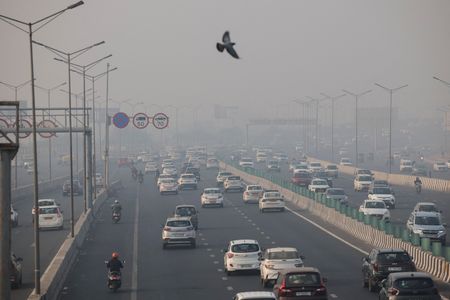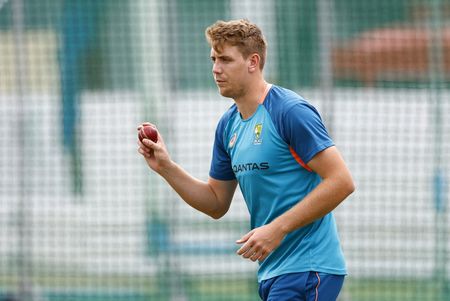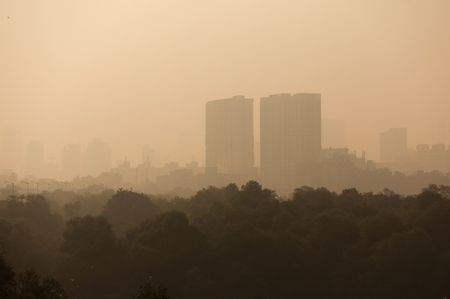(Reuters) – The head of India’s armed forces, General Bipin Rawat, was killed in a helicopter crash on Wednesday.
Below are comments and tributes following his death from senior figures in India and abroad.
PRIME MINISTER NARENDRA MODI:
“Gen Bipin Rawat was an outstanding soldier.
A true patriot, he greatly contributed to modernising our armed forces and security apparatus. His insights and perspectives on strategic matters were exceptional.”
“As India’s first CDS (Chief of Defence Staff), Gen Rawat worked on diverse aspects relating to our armed forces including defence reforms.
He brought with him a rich experience of serving in the Army. India will never forget his exceptional service.”
STATEMENT FROM U.S. EMBASSY IN INDIA:
“As India’s first Chief of Defence Staff, General Rawat spearheaded a historic period of transformation in the Indian military.
He was a strong friend and partner of the United States, overseeing a major expansion of India’s defense cooperation with the U.S. military.”
INDIAN PRESIDENT RAM NATH KOVIND:
“The nation has lost one of its bravest sons.
His four decades of selfless service to the motherland was marked by exceptional gallantry and heroism.”
HOME MINISTER AMIT SHAH:
“He was one of the bravest soldiers, who has served the motherland with utmost devotion.”
DEFENCE MINISTER RAJNATH SINGH:
“His untimely death is an irreparable loss to our Armed Forces and the country.”
OPPOSITION POLITICIAN RAHUL GANDHI:
“I extend my condolences to the family of Gen Bipin Rawat and his wife… India stands united in this grief.”
OPPOSITION POLITICIAN SHASHI THAROOR:
“All of India mourns the tragic loss of life that occurred today and the passing of India’s first Chief of Defence Staff.
The crash must and will be investigated, but today is a day for prayer.”
FORMER ISRAELI PRIME MINISTER BENJAMIN NETANYAHU:
“I was deeply saddened to learn about the deadly helicopter crash that killed India’s Chief of Defence Staff, General Bipin Rawat, his wife and 11 others in Tamil Nadu.
My thoughts and prayers are with the families of the victims.”
(Compiled by Euan Rocha; editing by John Stonestreet)








